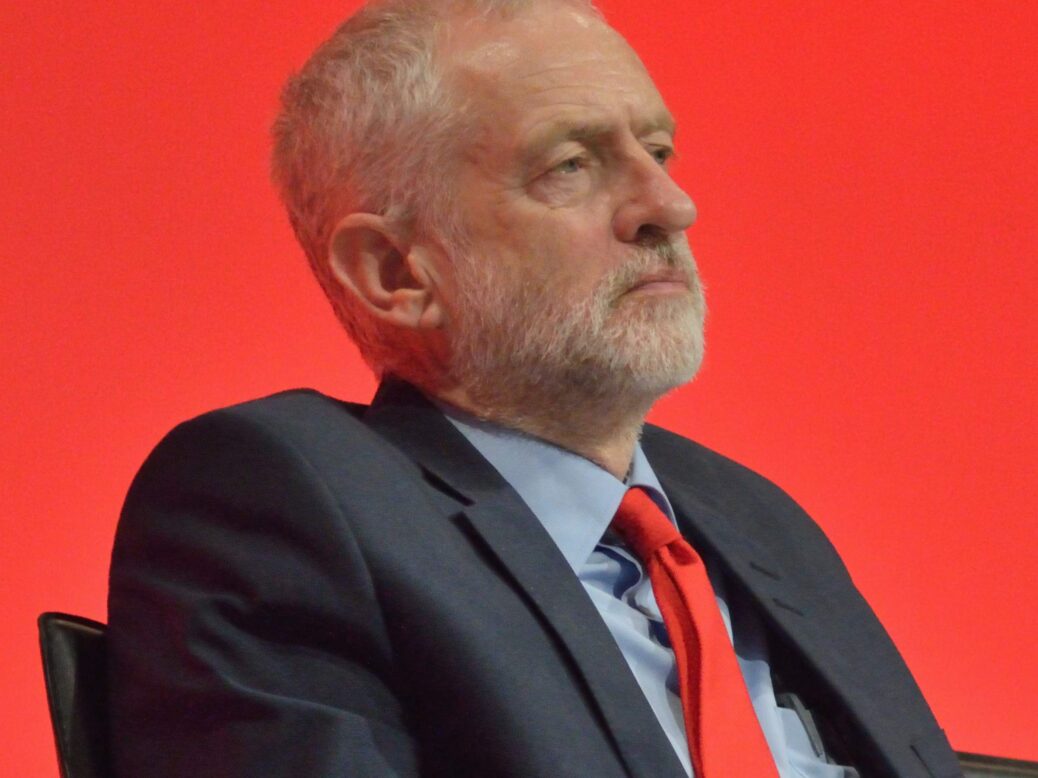
Geoffrey Todd, a Partner at Boodle Hatfield, outlines the steps Labour might take if Corbyn and McDonnell come to power, and what you can do in response
We all accept the need for governments to raise funds to provide valuable public services, but different governments do this in different ways. These predictions are based on the policies proposed in Labour’s 2017 manifesto and the Land for the Many report commissioned by Labour and published this year.
Many expect a Corbyn government to tighten the current IHT regime, either generally or by targeting specific reliefs. Generally, a limit might be put on gifts people can make or receive without incurring IHT. Specifically, Agricultural Property Relief and Business Property Relief, currently available at up to 100 per cent in order to prevent the break-up of farms and family businesses on death, might be restricted.
Those affected may choose to accelerate the transfer of property to the next generation, or sit tight and hope for another change of government and a more favourable regime.
In their manifesto, Labour mooted reforming Business Rates and Council Tax and introducing a new Land Value Tax payable by landlords, not tenants, to replace them. In 2018, Labour announced a new annual levy on second homes that would be equivalent to double the rate of Council Tax. The Land for the Many report also suggests capping annual rent increases and increasing capital gains tax (CGT) for investment properties.
These measures would shift the tax burden away from tenants and onto landowners. The present government have already watered down tax deductions for buy-to-let landlords but these measures would go much further. The intention is to reduce the appeal of property as an investment, and to free it up for use in the wider economy. It is likely to have an impact on landowners and second home owners, though the additional tax is unlikely to dissuade a billionaire from purchasing a country estate if that is their dream.
A 50% income tax rate
In 2017, Labour committed to re-introducing the 50 per cent income tax rate, but from £123,000 rather than £150,000. This would equate to an extra £2,700 tax annually on earnings in the £123,000-£150,000 band, and another 5 per cent on anything above £150,000. Possible responses to this include timing remuneration so that it is received either before the new rates come in or after they have been reduced again in the future, investing for capital growth rather than for income, and going to work overseas for a few years.
Investors have benefited from CGT at a basic rate of 10 per cent and a higher rate of 20 per cent since April 2016 (with a surcharge of 8 per cent on residential property not qualifying for main residence relief). Labour has said it would return the rates to their previous level of 18 per cent and 28 per cent. That is likely to trigger some selling of assets to lock in lower CGT rates and in the future more investors may choose to invest in funds where CGT is not incurred on every transaction, rather than individual company shares.
Labour has outlined its commitment to renationalise electricity, gas, water and railway operators, as well as the Royal Bank of Scotland and the Royal Mail. Investors will therefore look to diversify their portfolios away from the utility companies, to avoid the losses renationalisation could cause – especially if the government only pays book value, as has been suggested.
Capital controls are not among the policies that Labour have published, but there is some concern they might be introduced to prevent capital flight. People with overseas interests might choose to move some of their assets to banks in Europe.
Geoffrey Todd is a Partner at Boodle Hatfield







